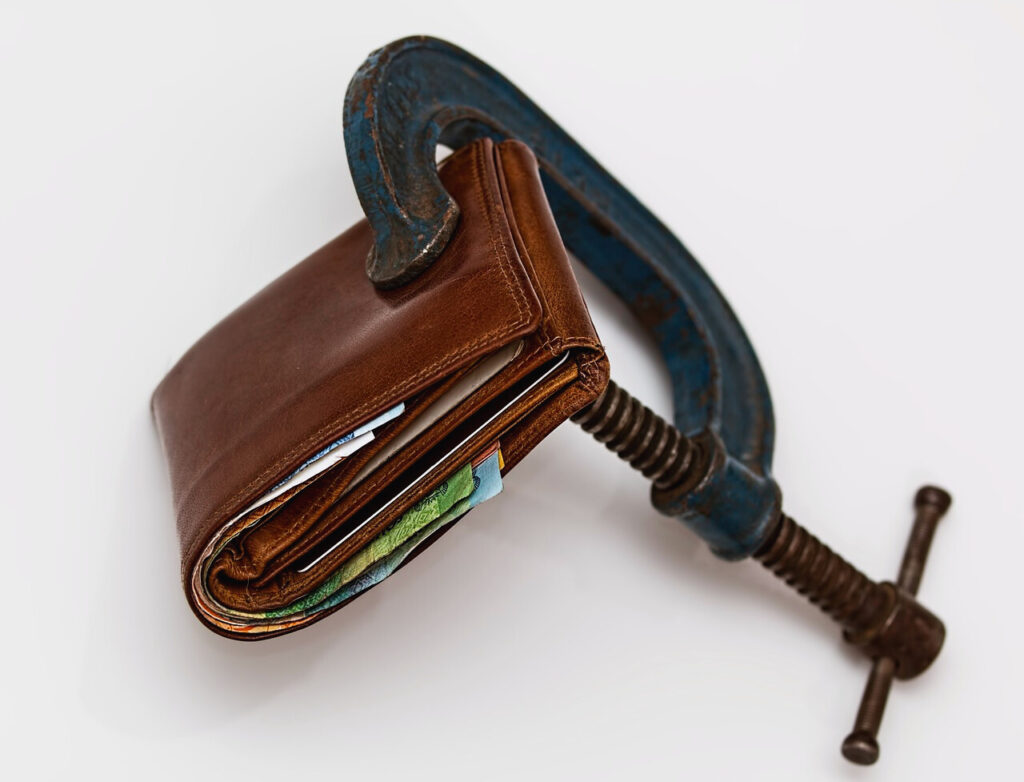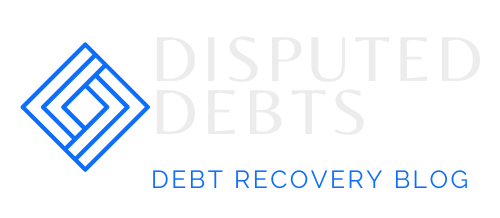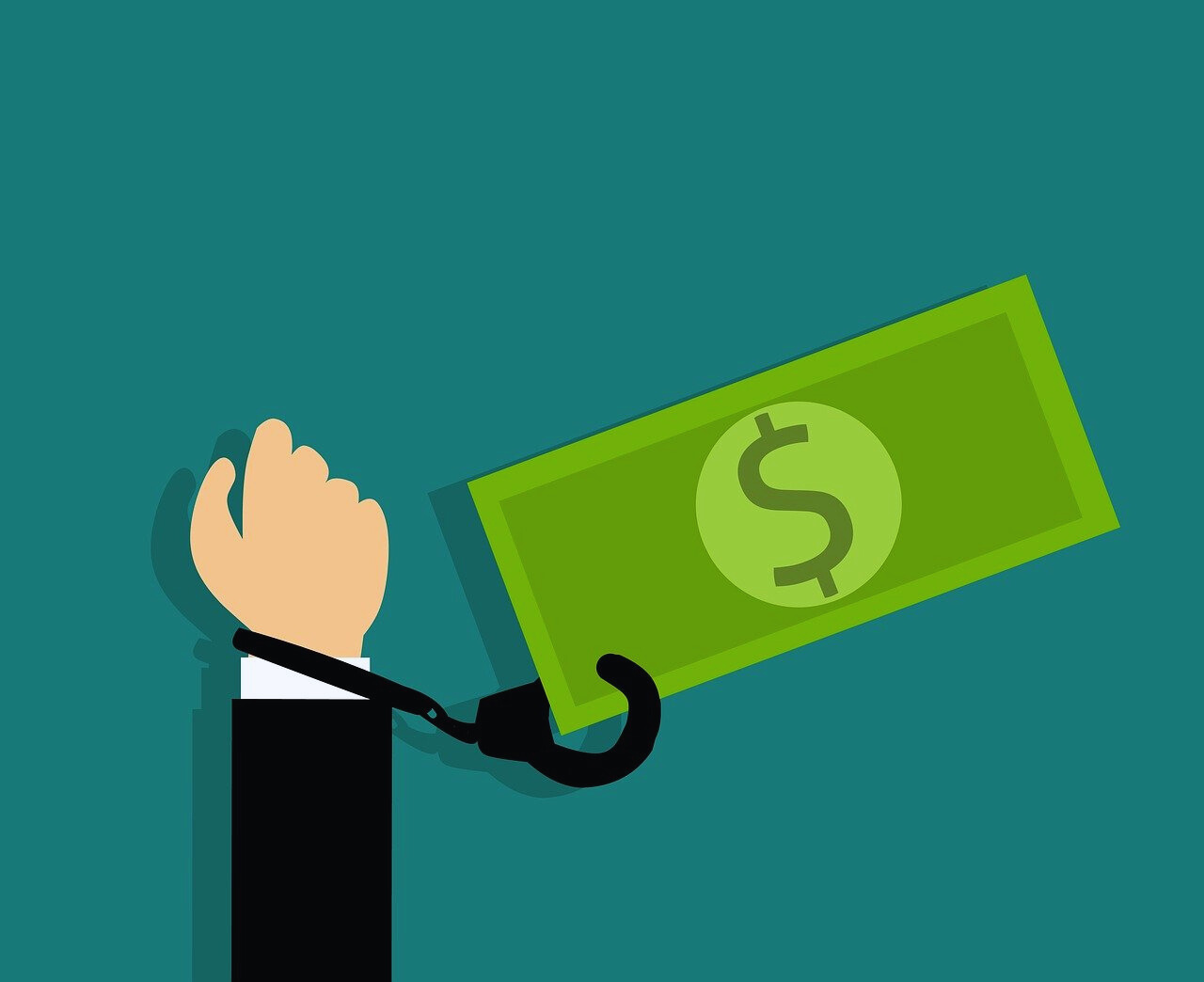When it comes to finances, it’s easy to feel overwhelmed. Bills can stack up, and before you know it, debt collectors are calling you and you feel like you’re drowning in debt. It’s important to remember that you’re not alone in this situation. Many people have been in this position before, and there are steps you can take to get through it.
In this article, we’ll go through some actionable steps you can take when you can’t pay your bills.

Prioritize Your Bills
One of the first things you should do is prioritize your bills. This means sorting them by order of importance. For example, your rent/mortgage, utilities, and food should be at the top of your list. These are the bills that you need to pay to keep a roof over your head, electricity running, and food on the table.
Lower priority bills may include credit cards, cable, and subscription services. While these are important, they can be deferred if necessary.
Contact Your Creditors
If you’re unable to make a payment, the worst thing you can do is ignore the bill. Instead, contact the creditor and explain your situation. Many companies will be willing to work with you to create a payment plan or defer the payment.
When you speak with the creditor, be honest about your situation. Explain why you’re unable to make the payment and ask if they have any options available. Remember, the creditor wants to work with you to get their money, so don’t be afraid to ask for help.
Seek Assistance Programs
If you’re struggling to make ends meet, there are assistance programs available that can help. These programs can provide financial assistance for rent, utilities, food, and other necessities.
Cut Back on Expenses
When you’re struggling to pay your bills, it’s important to cut back on expenses where you can. This may mean canceling subscription services, eating out less often, or finding ways to save on utilities.
Take a look at your monthly expenses and see where you can cut back. Even small changes can make a big difference in your budget.
Consider a Debt Consolidation Loan
If you have multiple debts, a debt consolidation loan may be a viable option. A debt consolidation loan is a loan that combines all of your debts into one loan with a lower interest rate. This can make it easier to manage your debts and save money in interest payments.
However, it’s important to do your research before taking out a debt consolidation loan. Make sure you understand the terms and fees associated with the loan, and make sure it’s the right decision for your situation.
Seek Professional Help
If you’re feeling overwhelmed and unsure of what to do, seeking professional help can be a good option. A financial advisor or credit counselor can help you create a budget and develop a plan to get out of debt.
It’s important to choose a reputable advisor or counselor who has your best interests in mind. Do your research and ask for referrals before choosing a professional to work with.
When you can’t pay your bills, it’s easy to feel like there’s no way out. But by prioritizing your bills, seeking assistance programs, cutting back on expenses, considering debt consolidation, and seeking professional help, you can take control of your finances and get back on track.
Remember, you’re not alone in this situation. Many people have been in your shoes before, and there are options available to help you get through it.

